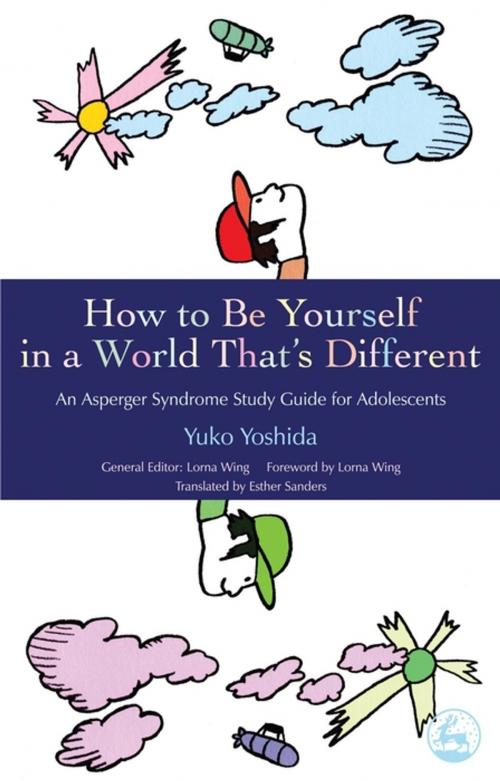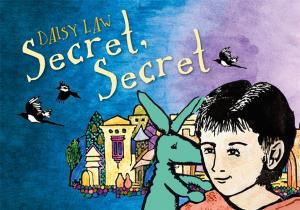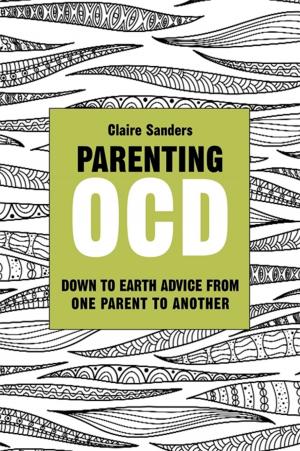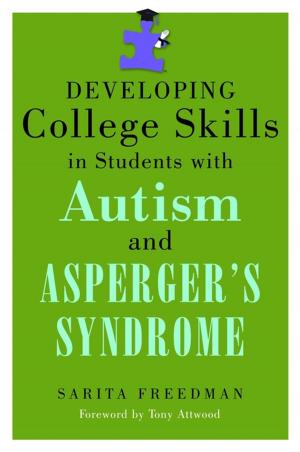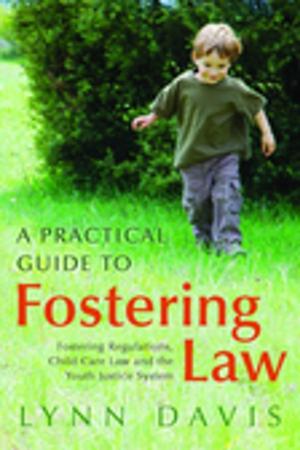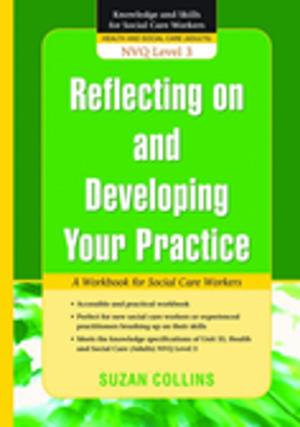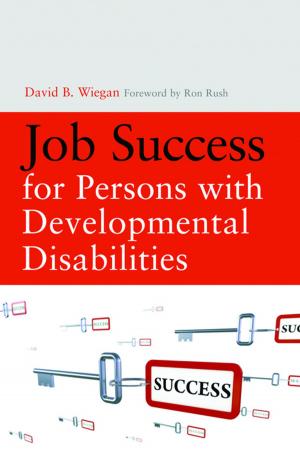How to Be Yourself in a World That's Different
An Asperger Syndrome Study Guide for Adolescents
Nonfiction, Health & Well Being, Psychology, Mental Health, Health| Author: | Yuko Yoshida | ISBN: | 9781846426148 |
| Publisher: | Jessica Kingsley Publishers | Publication: | November 15, 2006 |
| Imprint: | Jessica Kingsley Publishers | Language: | English |
| Author: | Yuko Yoshida |
| ISBN: | 9781846426148 |
| Publisher: | Jessica Kingsley Publishers |
| Publication: | November 15, 2006 |
| Imprint: | Jessica Kingsley Publishers |
| Language: | English |
How to Be Yourself in a World that's Different is an accessible guide to Asperger's syndrome (AS) written for young readers who have been diagnosed with AS and autism spectrum conditions. The book features clear explanations of the condition, including symptoms that are common to people on the autism spectrum, such as a hypersensitivity to touch and difficulties with balance and coordination. The characteristics and symptoms of other syndromes that often coincide with AS are also discussed, for example AD/HD, learning disorders and tics, as well as the temporary states of mental dysfunction that people with AS tend to be predisposed to, including depression, anxiety, obsessive and compulsive behaviors and catatonia. This informative and encouraging text highlights the positive aspects of autism spectrum conditions, such as diligence, fairness and a knack for unique ideas, but it also acknowledges the daily challenges faced by young people with AS and, crucially, offers strategies for dealing with these. Using case examples, Yoshida explores the difficulties of disclosing a diagnosis, takes readers through the stages of practicing key social skills, and offers advice on seeking support.
How to Be Yourself in a World that's Different is an accessible guide to Asperger's syndrome (AS) written for young readers who have been diagnosed with AS and autism spectrum conditions. The book features clear explanations of the condition, including symptoms that are common to people on the autism spectrum, such as a hypersensitivity to touch and difficulties with balance and coordination. The characteristics and symptoms of other syndromes that often coincide with AS are also discussed, for example AD/HD, learning disorders and tics, as well as the temporary states of mental dysfunction that people with AS tend to be predisposed to, including depression, anxiety, obsessive and compulsive behaviors and catatonia. This informative and encouraging text highlights the positive aspects of autism spectrum conditions, such as diligence, fairness and a knack for unique ideas, but it also acknowledges the daily challenges faced by young people with AS and, crucially, offers strategies for dealing with these. Using case examples, Yoshida explores the difficulties of disclosing a diagnosis, takes readers through the stages of practicing key social skills, and offers advice on seeking support.
